Vets and charities pull together to help over 70 horses
A number of equine charities and Cambridge Veterinary School have been working together to help an overwhelmed owner.
Posted on 30/10/2020
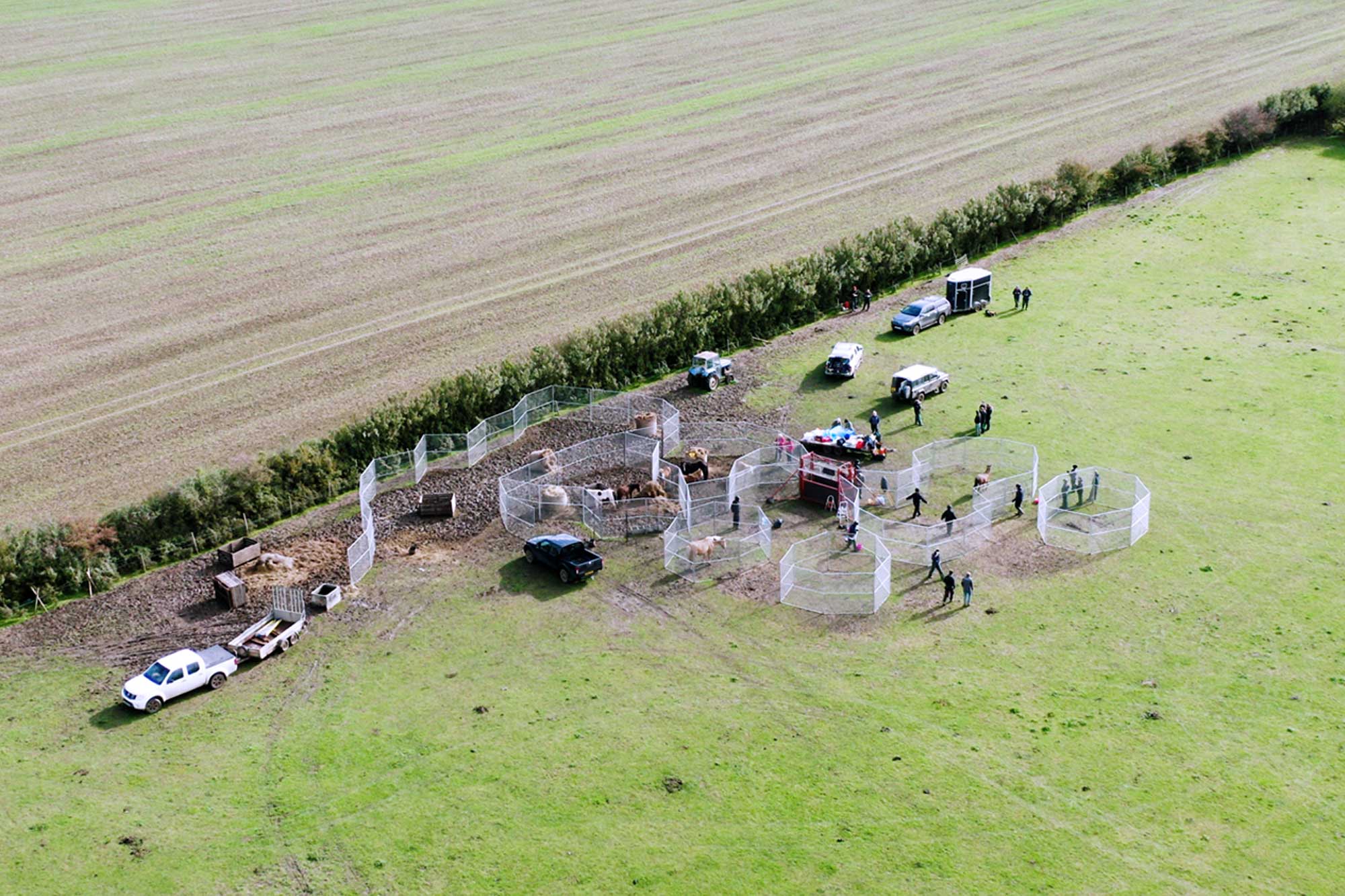
World Horse Welfare has enlisted the assistance of equine charities and the Cambridge Veterinary School to help an overwhelmed owner of 72 horses which had been breeding unmanageably at a site in Cambridgeshire.
A call to World Horse Welfare’s Welfare Line by a member of the public concerned about the horses led to one of charity’s Field Officers, Chris Shaw, initially visiting the site and speaking with the owner. At the time the total number of horses involved across a number of large fields was not known, but the owner was keen to help improve the conditions for her horses. She admitted that the number had got out of hand and that she was struggling to cope with providing the necessary care for them all and sensibly asked for help.
In an example of how welfare charities will work together and with owners to address concerns and prevent suffering, World Horse Welfare made arrangements quickly with a number of different organisations, including Redwings, Bransby Horses, the British Horse Society (BHS) and even Cambridge Veterinary School to attend the horses and representatives from each have been present at the site, working closely together, over the past few weeks. Each horse is being caught and then examined by the vets who are treating each animal for worms and lice, and any farriery and dental needs are seen to at the same time. The horses are then passported and micro-chipped by the BHS. An important part of this processing of each animal is the gelding of each of the colts and stallions by the Cambridge vets to prevent the number of animals increasing again. The owner is paying for the passporting and castrations.
“We would always rather work with the owners, and it is really brilliant seeing the owner of these horses getting stuck in and helping us as we deal with them. The family started with far fewer horses, but as none were castrated the herd size grew and the owners became overwhelmed. The owner is learning so much more about what is needed to look after and manage them and having had her eyes opened to the problems she is genuinely keen to make it right. All the charities involved would always prefer to work with the owners to improve conditions for their horses rather than removing the animals, that is a last resort.”
Chris Shaw, World Horse Welfare Field Officer
“Animal welfare is our main concern, but this has also provided an opportunity for our students to experience a situation they have probably never come across before. Catching and dealing with unhandled, feral animals, the higher sedation levels required, and the challenges of field surgery are all different to the well looked after ‘pet’ horses we normally deal with.
“I’m blown away by how everybody from the different organisations has come together and worked as a team, all working towards a common goal of improving the welfare of the horses. The students have learned that every part of the process is of equal importance, with everyone playing a vital role.”
Avice O’Connor, Cambridge Vet School Equine Clinician
Now the sizeable herd is being dealt with, the owner intends to rehome some of the animals to further reduce the numbers and this will be more straightforward since they have been micro-chipped, passported and gelded. She is keen to focus on caring more thoroughly for a smaller group of animals and the remaining horses will be monitored closely by World Horse Welfare Field Officers who will continue to work with her, offering support and advice and, if required, practical assistance.
A small number of horses, with more serious welfare concerns, were taken off site by World Horse Welfare and Redwings, and the owner has signed those over to the charities. They will be treated and hopefully rehabilitated before being offered for rehoming when they are ready.
Could you make a donation today to help us reach more horses? Give now.
Topics
Related News
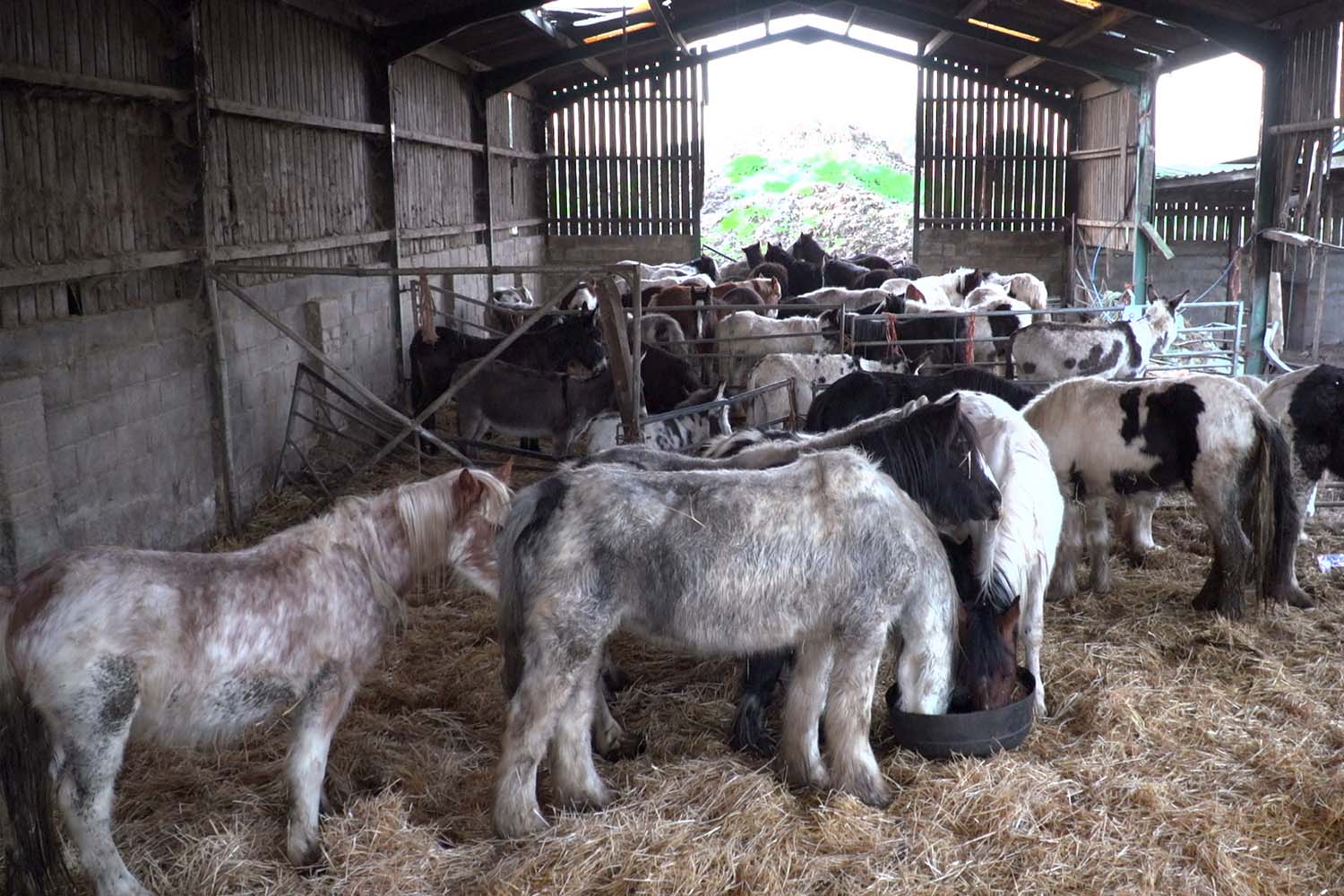
Suspended jail sentence for woman who failed to care for more than 130 horses
Christine Kelly disqualified from keeping animals for life after being convicted of 15 offences.
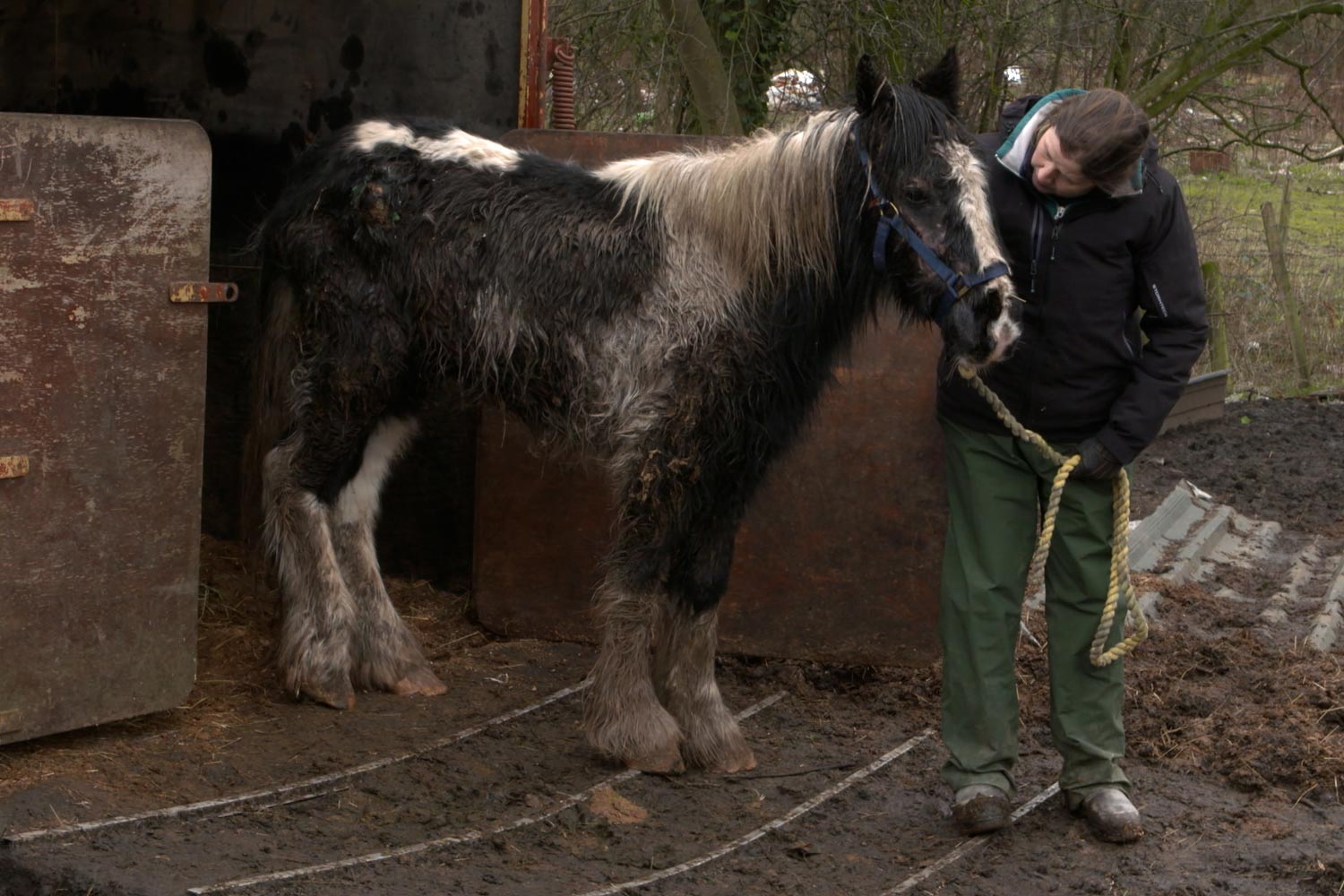
TV ad launches to highlight plight of neglected horses
The heart-wrenching ad tells the story of Barney, a plucky little pony determined to get help despite his terrible condition.
Recommended Blog Posts
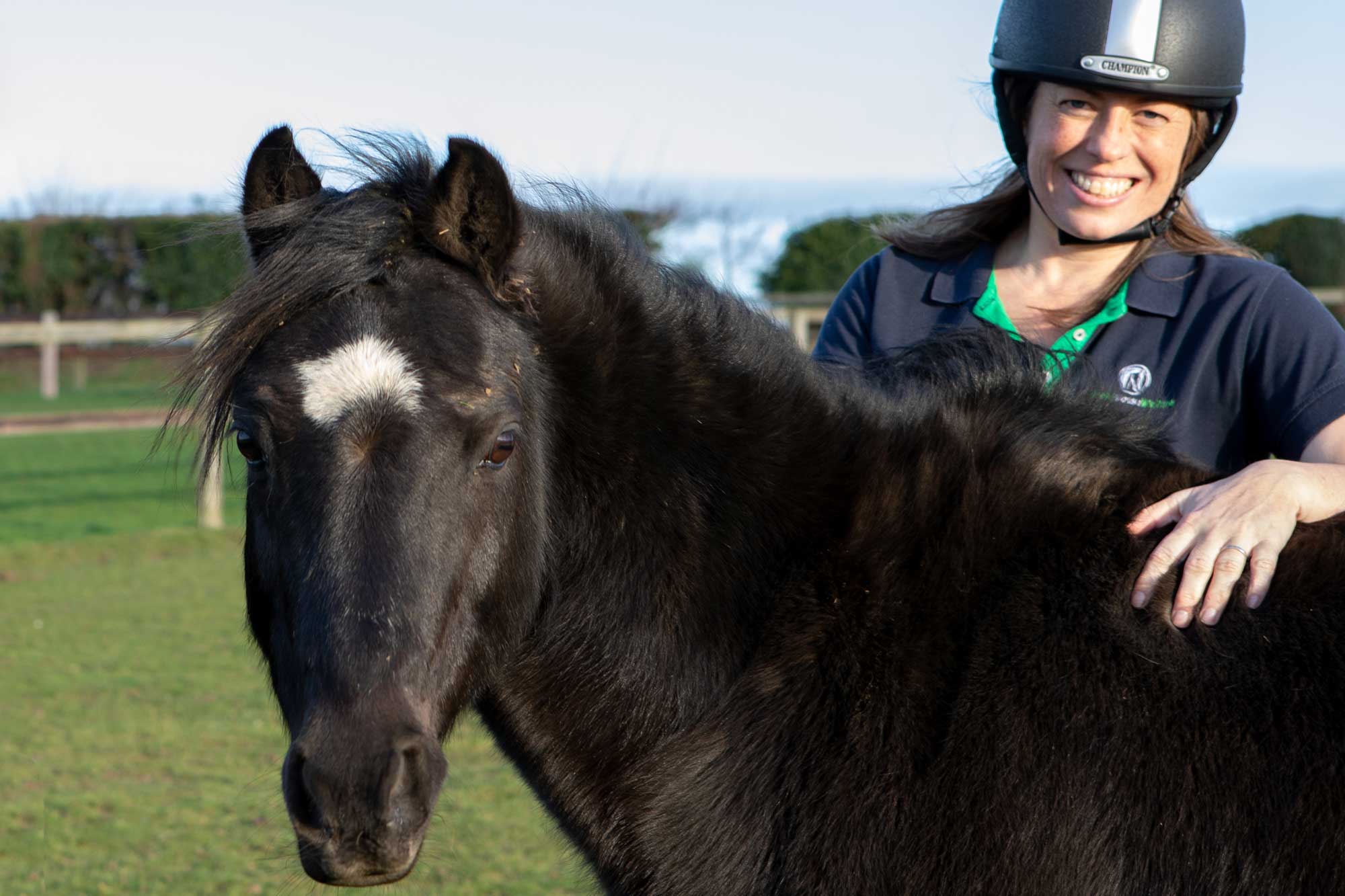
Can you cut the costs of horse ownership without compromising on their care?
Chief Field Officer Claire Gordon looks at ways to cut costs without compromising on care.
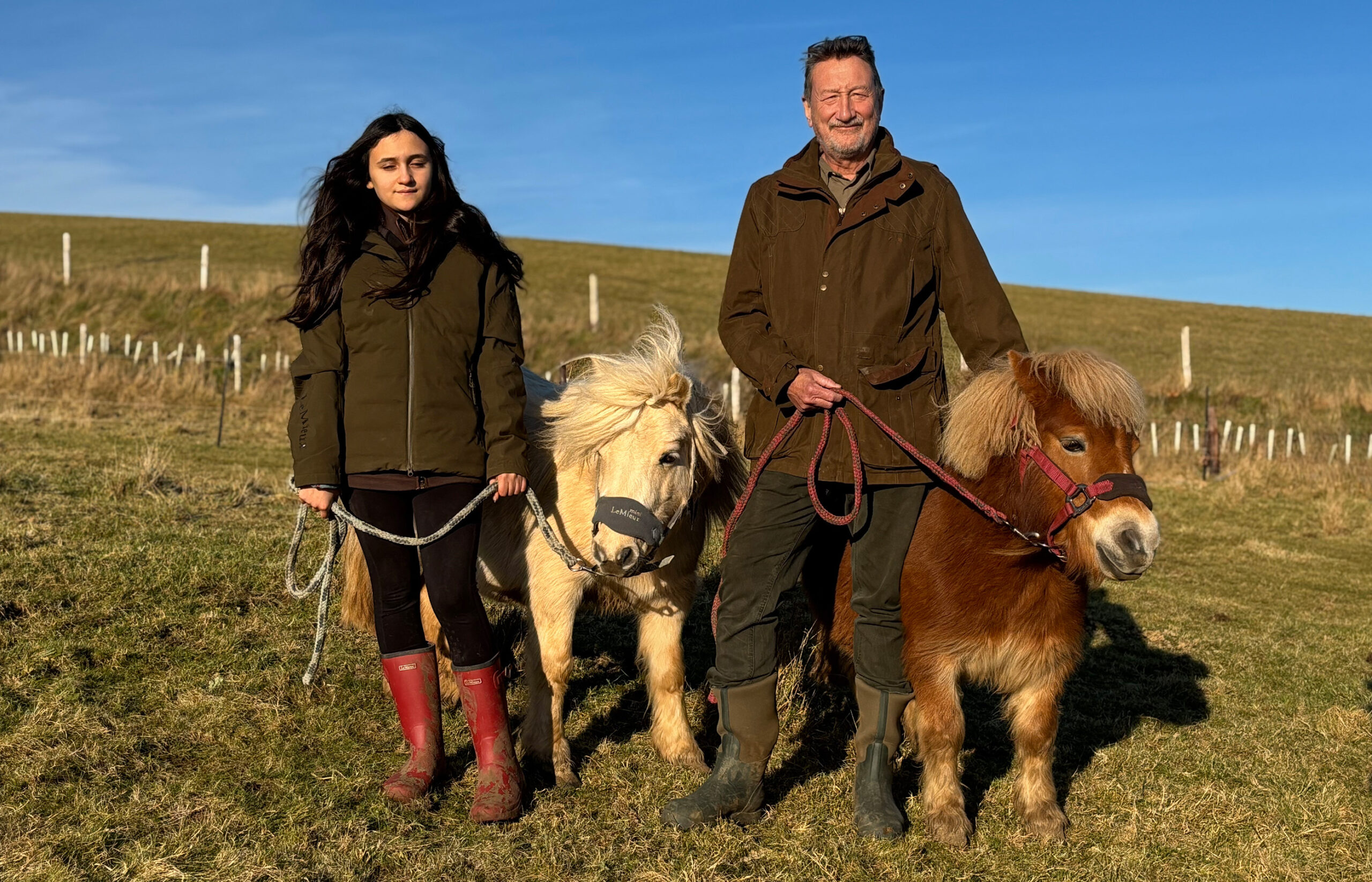
“I am a horse”
We catch up with the creator of Peaky Blinders to find out how important horses are to him and his family.

What is a dummy rider and how do we use them on our farms?
We catch up with Caroline Heard, Assistant Manager at Belwade Farm, to find out all about them.
Enjoy reading stories like this?
Join over 65,000 other horse lovers and sign up for our email newsletter

Join over 65,000 other horse lovers and sign up for our email newsletter
Sign me up now